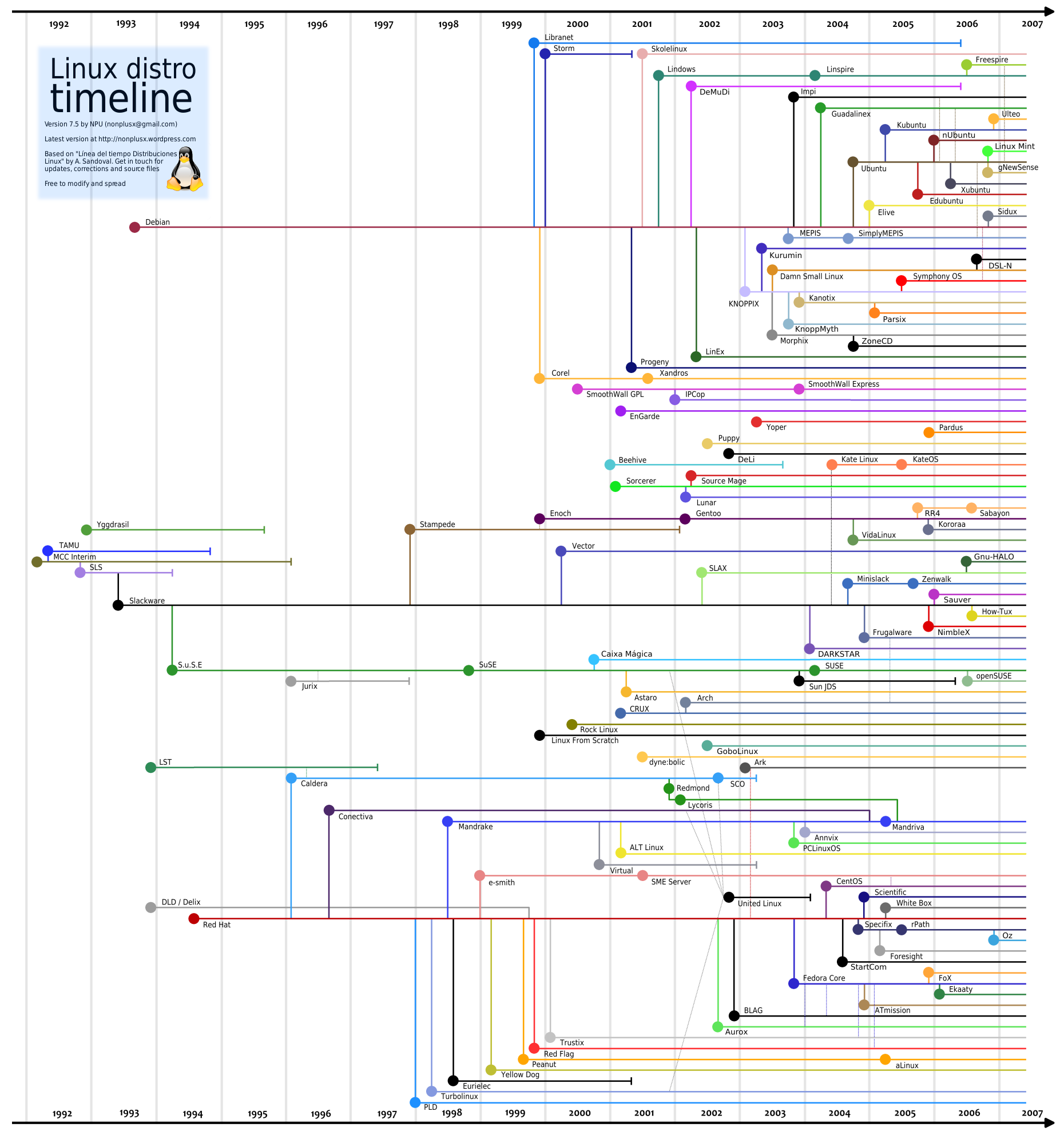WizardStan
Mega GP Mania
- Joined
- May 24, 2008
- Messages
- 16,733
I've been running Arch linux for years, as long as I can remember, but I'm beyond frustrated now.
I've spent the last hour trying to do an update: I can't update X because Y depends on a specific version of it. I can't update Y because it depends on a later version of X. I can't remove Y because a whole host of things depends on it. I've accepted this before, other updates have required I remove a minor package or two temporarily, then install them again once everything is stable, no problem: this time I need to remove ffmpeg in order to update a dependency. Like, half of my system depends on ffmpeg, if I uninstall it and every dependency of it then I may as well be starting from scratch.
So instead I force the update, ignore the errors, I'll clean up later.
Nope. Like I suppose I could, but there's so many missing packages and dangling files I'll spend hours trying to fix it and still no guarantee I'm not leaving anything useless behind. Can't even get Firefox to start. Fortunately I didn't close Chromium, I guess. There's probably some small browser that doesn't depend on ffmpeg I could've tried, but whatever.
May as well start from scratch. So I'm going to spend the weekend doing some research but I figured I'd ask you guys to weigh in as well. Like I say, I've been using Arch for years, prior to that I was using Mint: I may just go back to that, but I liked the idea of more regular (even occasionally breaking) updates, I just hate when those updates aren't fully thought through.
I've spent the last hour trying to do an update: I can't update X because Y depends on a specific version of it. I can't update Y because it depends on a later version of X. I can't remove Y because a whole host of things depends on it. I've accepted this before, other updates have required I remove a minor package or two temporarily, then install them again once everything is stable, no problem: this time I need to remove ffmpeg in order to update a dependency. Like, half of my system depends on ffmpeg, if I uninstall it and every dependency of it then I may as well be starting from scratch.
So instead I force the update, ignore the errors, I'll clean up later.
Nope. Like I suppose I could, but there's so many missing packages and dangling files I'll spend hours trying to fix it and still no guarantee I'm not leaving anything useless behind. Can't even get Firefox to start. Fortunately I didn't close Chromium, I guess. There's probably some small browser that doesn't depend on ffmpeg I could've tried, but whatever.
May as well start from scratch. So I'm going to spend the weekend doing some research but I figured I'd ask you guys to weigh in as well. Like I say, I've been using Arch for years, prior to that I was using Mint: I may just go back to that, but I liked the idea of more regular (even occasionally breaking) updates, I just hate when those updates aren't fully thought through.


